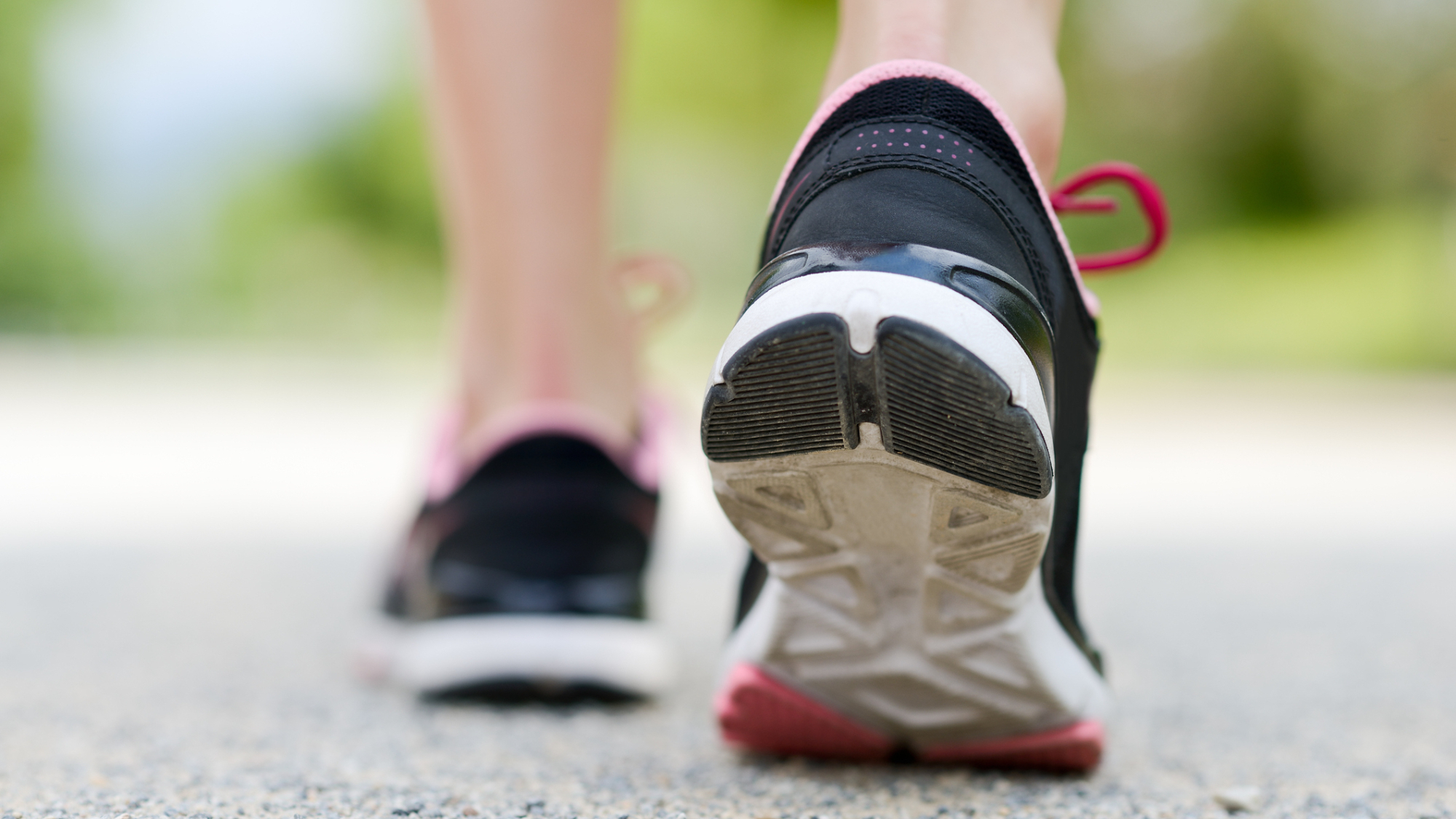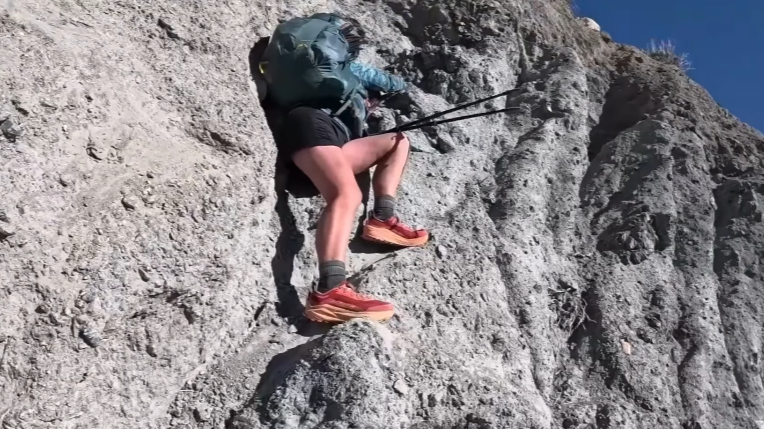Pick up the pace if you're walking for health, researchers say
New research suggests pace, more than volume or distance, matters in reducing your risk of type 2 diabetes through walking

It's long been known that regular exercise, and in particular walking, is associated with a lower risk of type 2 diabetes, but a newly published research review suggests that how fast you walk also matters.
The study, which was published in November in the British Medical Journal, looked at 10 different studies on walking and type 2 diabetes risk that were performed between 1999 and 2022 in the US, UK and Japan. Each of the studies examined adults over the age of 18, and took into account the speed at which participants walked. In total, the studies include over 18,400 cases among more than 500,000 participants.
The review found probable cause to believe that those who walk at higher speeds reduce their risk of type 2 diabetes by a whopping 39 percent compared to those who engage in casual walking.
Specifically, walking at speeds of 2.49 miles per hour (4 km per hour) or faster seems to produce the best outcomes, regardless of overall volume or time spent walking. As we've previously written about in our article on the average hiking speed, according to Ramblers, the average walking speed for adult hikers is 2.5 miles per hour, without accounting for stops.

Other sources, however, quote speeds ranging from 1.5 miles per hour to a sprightly 3.5 miles per hour, so walking speed can be quite varied, especially when you take into account factors like grade and terrain. If you're unsure about your average speed, it may be worth investing in a GPS watch so you can track your pace and distance when you're out on the trail to make sure you're getting the most out of your steps.
The study's authors do note that some of the research they examined revealed risk of bias, and it's possible of course that people who walk faster are already more active and therefore less predisposed to type 2 diabetes than those who walk slowly. However, they still conclude that picking up the pace to further increase the health benefits of walking may be helpful.
If you're interested in reaping the benefits of walking on the trails where you'll also get the advantages of spending time in nature, read our article on how to start hiking.
Advnture Newsletter
All the latest inspiration, tips and guides to help you plan your next Advnture!
Julia Clarke is a staff writer for Advnture.com and the author of the book Restorative Yoga for Beginners. She loves to explore mountains on foot, bike, skis and belay and then recover on the the yoga mat. Julia graduated with a degree in journalism in 2004 and spent eight years working as a radio presenter in Kansas City, Vermont, Boston and New York City before discovering the joys of the Rocky Mountains. She then detoured west to Colorado and enjoyed 11 years teaching yoga in Vail before returning to her hometown of Glasgow, Scotland in 2020 to focus on family and writing.

